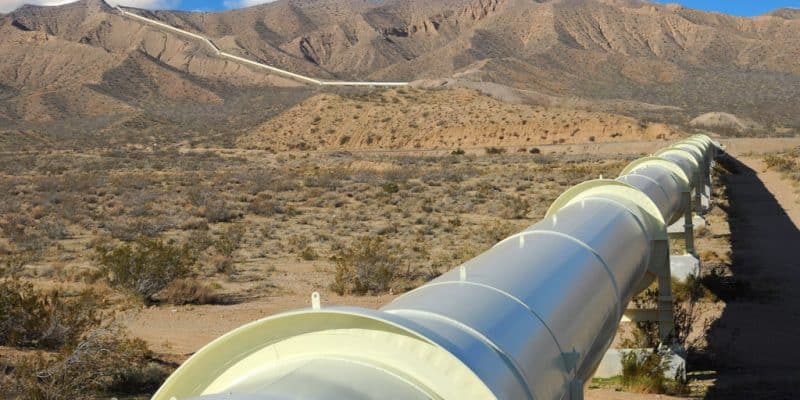The European Bank for Reconstruction and Development (EBRD) is investing €27 million in a securitised local currency bond for the development of water supply infrastructures in several new Egyptian towns.
As part of its policy of developing new towns in Egypt, the New Urban Communities Authority (NUCA) is once again receiving support from the European Bank for Reconstruction and Development (EBRD). The financial institution based in London in the United Kingdom is investing 927 million Egyptian pounds (27 million euros) in a securitised bond in local currency issued by El Taamir for Securitization Company (El Taamir), a structure created ad hoc by Nuca for the development of infrastructure in new towns.
“This investment is part of the 20 billion Egyptian pound issue due in September 2022, which is the largest securitised issue in Egypt to date and is guaranteed by the country’s Ministry of Finance. It was listed on the Egyptian Stock Exchange in November 2022”, says the EBRD. According to the EBRD, the investment of €27 million in local currency will support a series of municipal infrastructure projects covering drinking water, sanitation, treated water storage and pumping stations, public lighting and electricity transmission.
The water challenge
Over the past few years, NUCA has been developing 40 new towns with a view to relieving congestion in Egypt’s urban areas. Among the cities under construction is the New Administrative Capital (NAC), built 45 km east of the current capital Cairo. There is also Galala City on the western side of the Gulf of Suez, and New El-Alamein City in north-western Egypt.
Read also- EGYPT: an alliance with Japan to manage water in the face of climate change
The real challenge facing NUCA in these vast real estate projects is water supply. Yet Egypt has an annual water deficit of around 7 billion m3, and the country could run out of water by 2025, by which time an estimated 1.8 billion people worldwide will be living in a situation of absolute water scarcity, according to the United Nations Children’s Fund (UNICEF). Until now, Egypt has depended 85% on the Nile to supply its population and its agriculture.
Technical support
This dependence is being challenged by drought and the construction of the Grand Ethiopian Renaissance Dam (GERD), which is reducing the river’s flow. This is why the country is turning to alternatives such as the desalination of seawater and the reuse of treated wastewater in the agricultural sector. The EBRD’s investment should certainly enable these solutions to be explored with the support of the private sector.
In addition to financing, “the Bank will provide a comprehensive package of technical cooperation services to help Nuca build a sustainable path for water management in one of its new cities”, says the EBRD. This €810,000 technical support programme is financed by the Netherlands through the High Impact Partnership on Climate Action (HIPCA), also supported by Austria, Canada, Finland, Korea, Switzerland, Spain, the Taiwan International Cooperation and Development Fund (TaiwanICDF) and the United Kingdom, as well as by the EBRD’s own funds.
Jean Marie Takouleu







